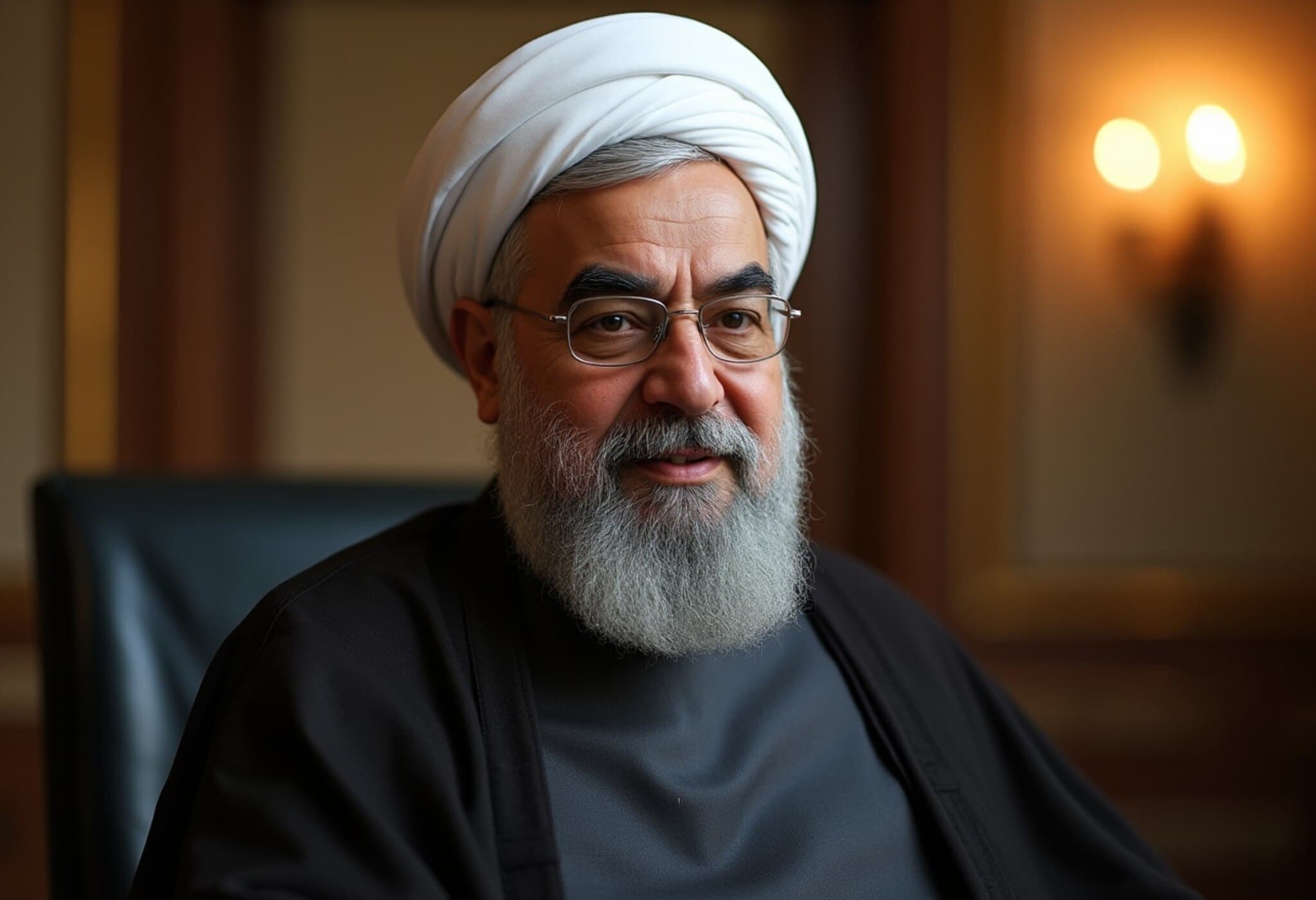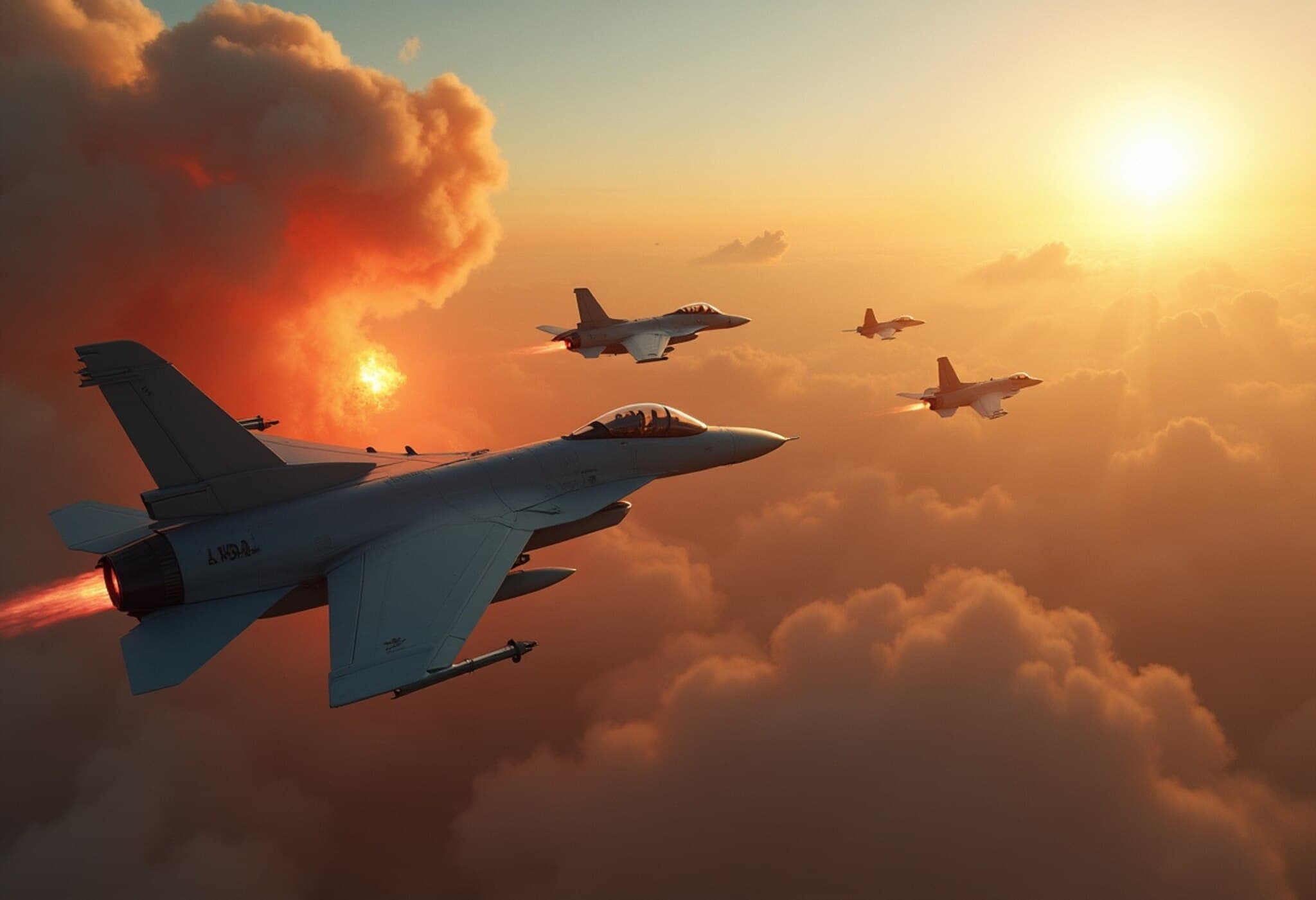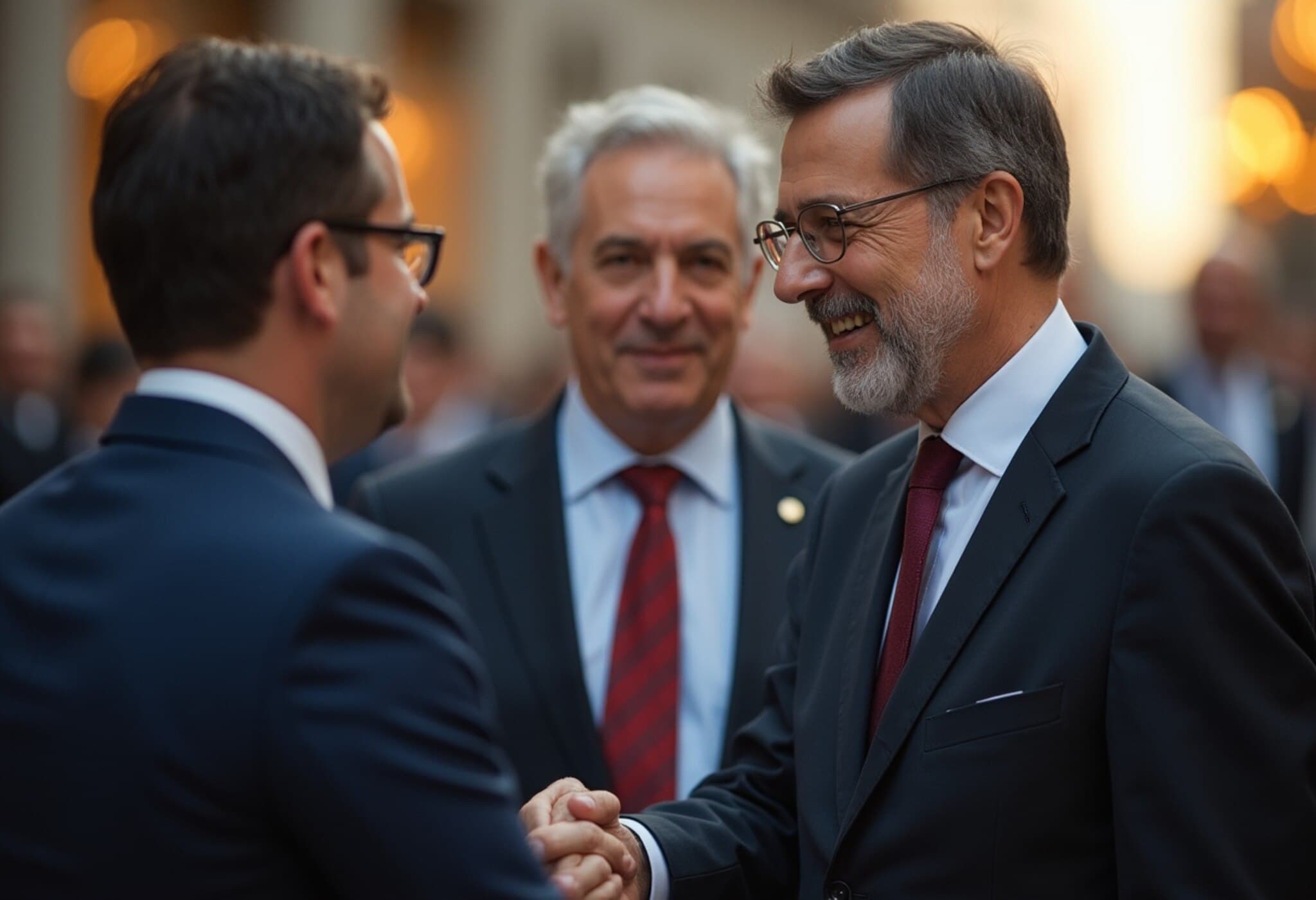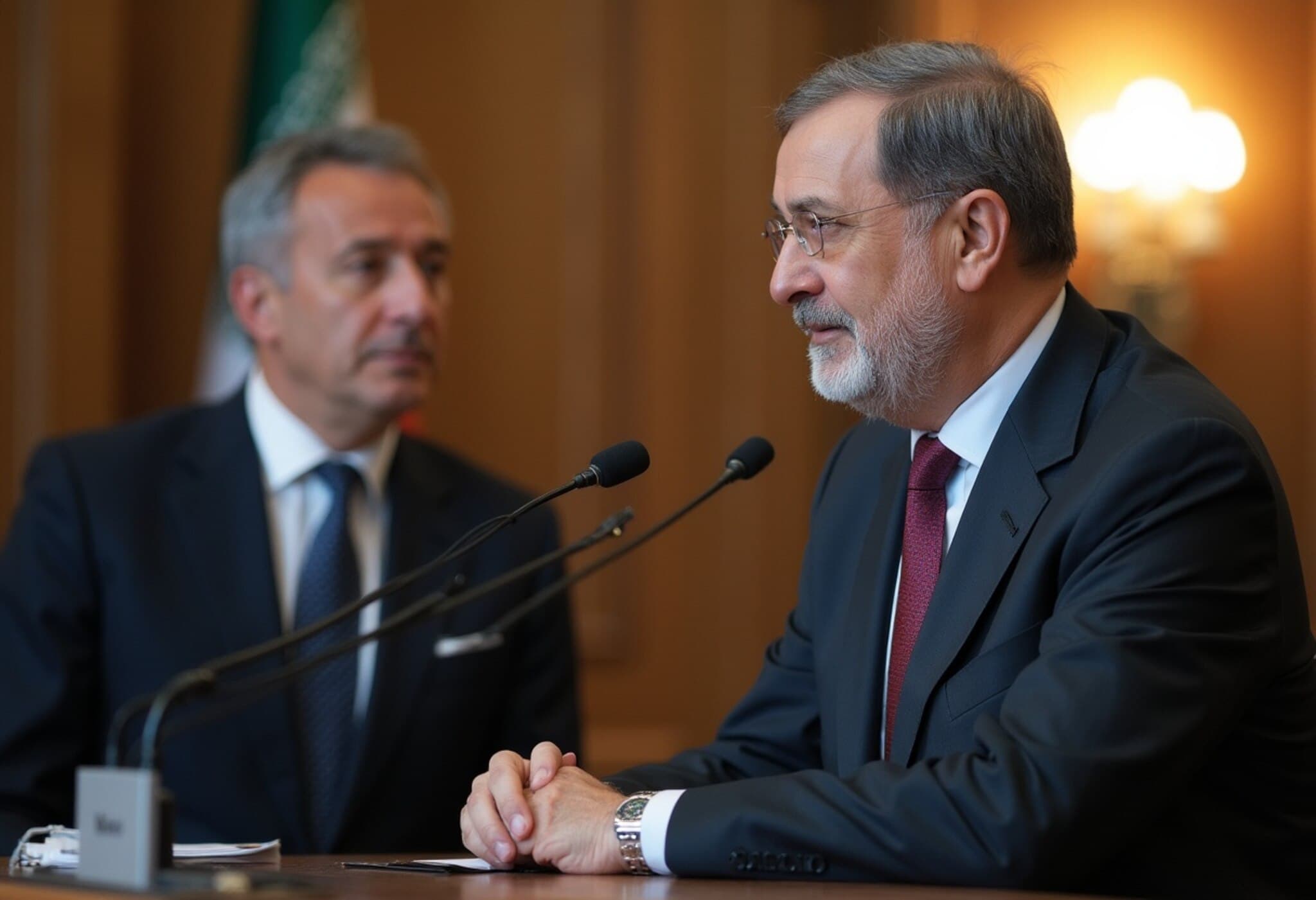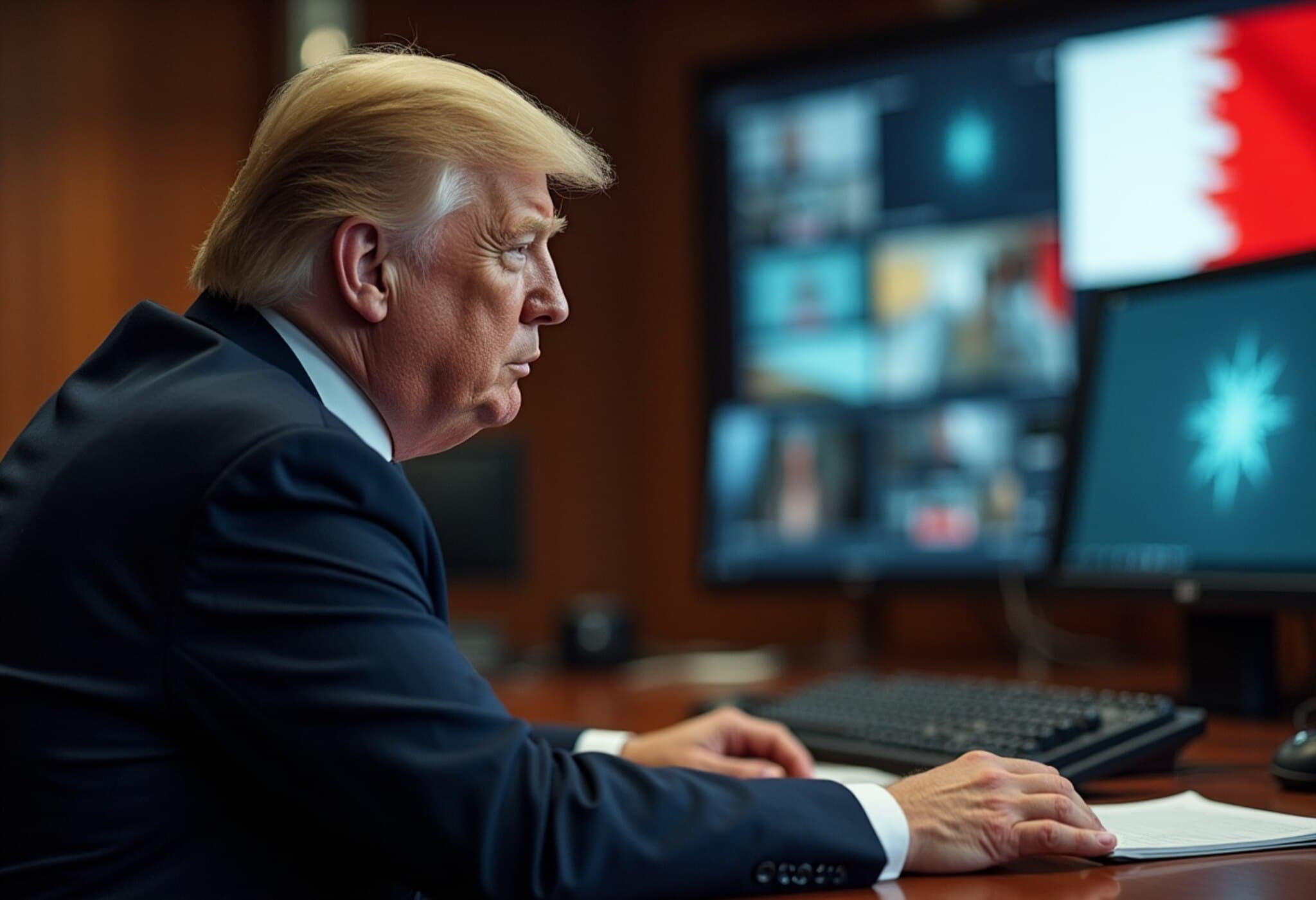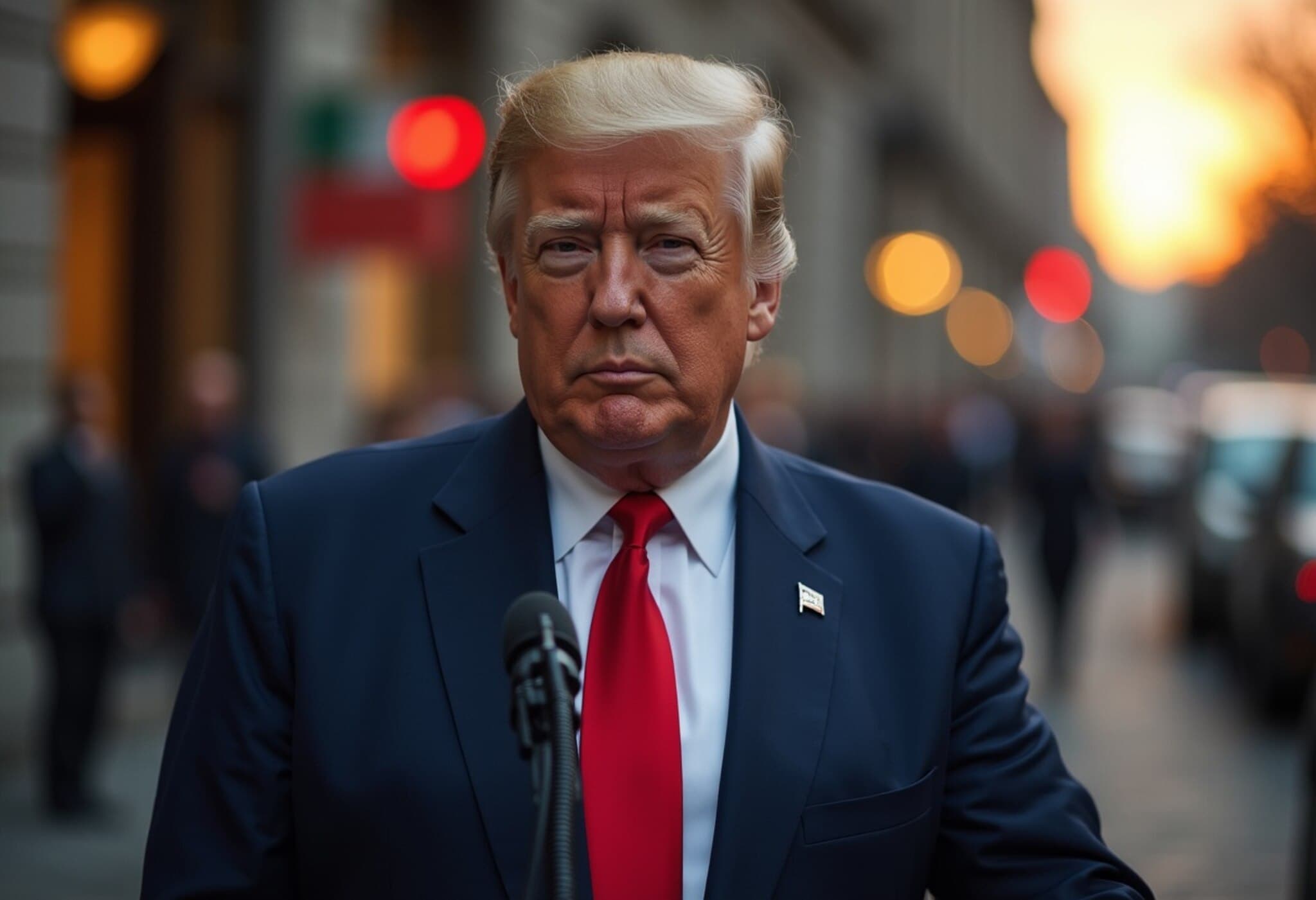Iran Affirmatively Rejects Conditions on Uranium Enrichment for Nuclear Talks with US
In a forthright declaration this week, Iran’s senior adviser to Supreme Leader Ayatollah Ali Khamenei has underscored that uranium enrichment remains a non-negotiable red line for Tehran in any prospective nuclear discussions with the United States. Ali Velayati’s statement crystallizes Iran’s position amid ongoing tensions and fragile diplomatic overtures following a period of conflict and stalled negotiations.
Velayati’s Stance Signals No Room for Preconditioned Negotiations
Addressing Pakistan’s Interior Minister Mohsin Naqvi in Tehran on July 14, Velayati emphasized to Iran’s official IRNA news agency, “They say Iran must abandon uranium enrichment, but this is one of our red lines. If talks are conditional on halting enrichment, they simply won’t happen.” This caveat emphasizes Tehran's insistence on keeping the nuclear fuel cycle program intact under international oversight, a core element of its claim to sovereign technological and energy rights.
Context: A Fraught Path Back to Dialogue
The backdrop to these statements is a series of stalled negotiations brokered by Oman — notably the only channel for high-level US-Iran engagement since the US withdrew from the landmark 2015 Joint Comprehensive Plan of Action (JCPOA) in 2018. These talks ground to a halt following a coordinated strike by Israel on Iranian nuclear and military sites in June, an operation that escalated regional instability and led to a 12-day conflict, complicating prospects for renewed diplomacy.
US and Iranian officials, including diplomats Abbas Araghchi and Steve Witkoff, had conducted five rounds of talks before the pause. While both sides express interest in reopening dialogue, Tehran remains adamant that their right to pursue peaceful nuclear energy, including uranium enrichment, will not be compromised.
Iranian Leadership Voices Continued Support for Diplomacy
Despite the hardline rhetoric, Iran’s President Masoud Pezeshkian conveyed optimism about the diplomatic channel, stating that Iran supports constructive engagement and “believes the window for diplomacy remains open.” Meanwhile, Foreign Ministry spokesperson Esmaeil Baqaei confirmed no fixed schedule has been set for future meetings with the US, signaling cautious pragmatism in Tehran’s approach.
Expert Insight: Navigating the Complex US-Iran Nuclear Standoff
From a policy perspective, this deadlock over uranium enrichment poses a critical challenge for US-Iran relations. The US and its Western allies insist that uranium enrichment above a certain threshold could enable nuclear weaponization, whereas Iran maintains that its enrichment activities are strictly for civilian purposes, including energy and medical research.
This tug-of-war reflects deeper geopolitical dynamics, where Iran’s nuclear program serves as both a symbol of national pride and a pivot point for international sanctions and diplomacy. The American administration faces a balancing act: reaffirming non-proliferation commitments while avoiding renewed military conflict in an already volatile Middle East.
Underreported Angle: Regional and Global Implications
While much attention focuses on US-Iran bilateral issues, the ripple effects extend across the Middle East and beyond. Neighboring countries watch warily, given the risk of further escalation, while global energy markets remain sensitive to disruptions sparked by conflicts in the oil-rich region. Furthermore, the role of intermediaries like Oman highlights the importance of discreet diplomacy in conflict resolution.
Conclusion: The Road Ahead Remains Uncertain but Diplomatic Channels Persist
Iran’s uncompromising declaration on uranium enrichment as a red line sends a clear message to Washington and international observers: any future nuclear talks must respect Tehran’s core interests to stand a chance of success. Yet, the cautious words from Iranian officials about continuing diplomatic engagement also leave a sliver of hope that pragmatism could eventually bridge the divide.
As the international community weighs the options, the pressing question remains—can both sides reconcile these red lines without further inflaming regional tensions or backsliding into confrontation?
Editor’s Note
This complex diplomatic chess game over Iran’s nuclear program highlights fundamental challenges in balancing national sovereignty, non-proliferation goals, and regional security. Observers should watch closely how preconditions like uranium enrichment stall or catalyze negotiations, potentially redefining the strategic landscape in the Middle East. The endurance of dialogue itself, even amid setbacks, offers a vital thread of hope amid uncertainty.

